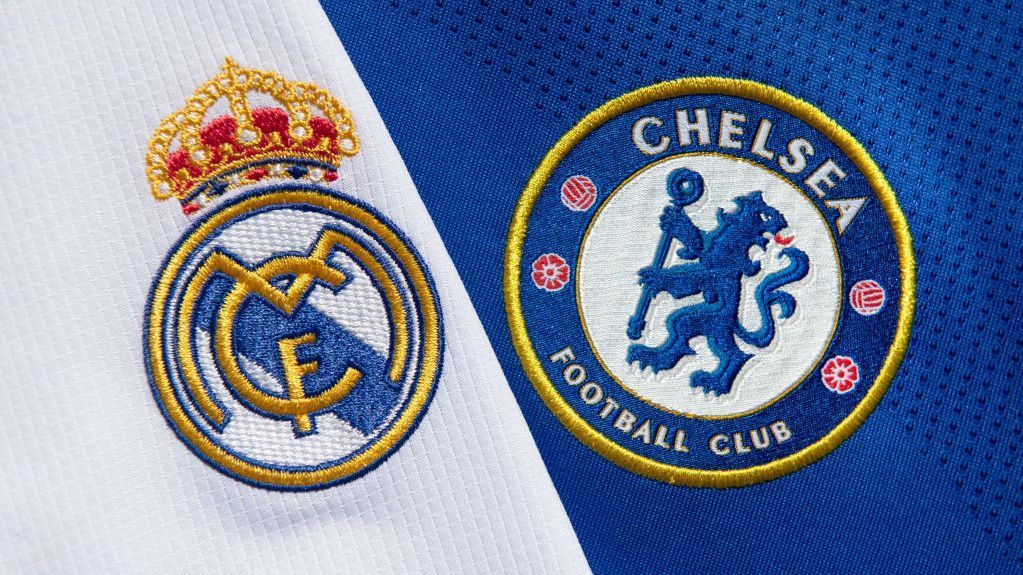Europamagazin
Status: 04/24/2021 3:50 p.m.
–
–
–
Russia’s health system no longer provides real custody for the 700,000 children with disabilities in the country. Parents who want their children with them have a hard time.
From Jo Angerer,
ARD studio Moscow
–
–
–
“Give the child to the home. It has no perspective. Make a new one!” This statement from her doctor after the birth of her daughter Anastasia came as a shock to Natalia Zhurybeda. The pregnancy was normal, but there were problems with the birth. Anastasija, now 13 years old, is severely disabled and needs care around the clock. She can’t even drink a glass of water alone, says her mother. “Imagine: you wake up one day and the reality you knew is gone. Nobody helps you. The doctors who should be there to support you give you hope, even if it’s just an illusion – they make you finished.”
Jo Angerer
ARD studio Moscow
–
–
–
–
–
The Zhurybedas live in Yekaterinburg, 2000 kilometers east of Moscow. Like you are many families in Russia. The state health system offers little support to children with disabilities, therapies and aids such as wheelchairs must be paid for privately. That’s a few hundred euros per month for the Zhurybedas. That pushes them to their limits. “We haven’t had a vacation in the past five years,” says Igor Zhurybeda. “Not enough time. And, to be honest, not enough money either. We had to buy all the aids Anastasija needs in the EU, for expensive money. They could also be manufactured here.”
Russia’s forgotten children
Jo Angerer, ARD Moscow, European magazine, April 23, 2021
–
–
The money doesn’t arrive
Natalija Zhurybeda doesn’t like being outside. Because it is difficult to get around in a wheelchair at all. She can only dream of a city that is handicapped accessible. And then there are the strange looks of the neighbors: a child with a disability is seen as a flaw for many in Russia. Most parents don’t get along with it.
And so the children end up in state homes, which are actually custody institutions. Where the children survive, but nothing more. Did she also think about sending the child to the home? “No, I never wanted to leave my child,” says Natalija Zhurybeda. “We live with her now. It’s a happy, great life!”
Natalija Zhurybeda with her daughter Anastasija: Putting her in a home was never an option.
Image: ARD-Studio Moscow / Jo Angerer
–
–
Alexandrina Haitowa, herself the mother of a disabled child, does not want to accept this. “I am different” is the name of their organization. With donations she supports parents who cannot afford expensive doctors and therapists. And she is fighting with the authorities, demanding grants. After all, money is there, it just doesn’t arrive, she says: “It’s a shame that a lot is announced and little done in Russian society.”
On the website of the regional financial administration, Hitova sees that the money has arrived. “But this money is difficult to access for me and for those for whom it is intended. It has simply disappeared.”
Learning to speak in therapy
Anna Bersenewa and her husband Alexander rely on the support of the organization “I am different”. Her daughter Anzhelika has epilepsy. She cannot speak and only learned to walk when she was two years old. The parents did not have particularly good experiences with treatment in the state hospital. “Anzhelika was in the state clinic for a month,” says the mother. “They prescribed her medication that she still takes today. The side effect of these medications, however, is that they delay their development. That was the price we had to pay.”
Anzhelika’s therapist visits the family three times a week. It is paid for by Haitowa’s organization. In the therapy sessions, the child practices coordination and slowly learns to speak. An arduous journey. Anzhelika will need this help for many years. The therapy is expensive: it costs the equivalent of 350 euros per month. In addition, there are medications and visits to the doctor.
Alexander Bersenew does not earn badly, he is a manager in an industrial company. Even so, the family cannot afford all of this. “We spend more than 200, 300 euros a month on medication. Then the check-ups,” he lists. “We go to a private clinic that simply offers more options. That is also up to 160 euros a month”. A lot of money for a Russian family who, without the support of “Ich bin anders”, could not afford what Anzhelika desperately needs.
You can see these and other reports on Sunday, April 25, 2021 at 12.45 in the “Europamagazin”.
–


